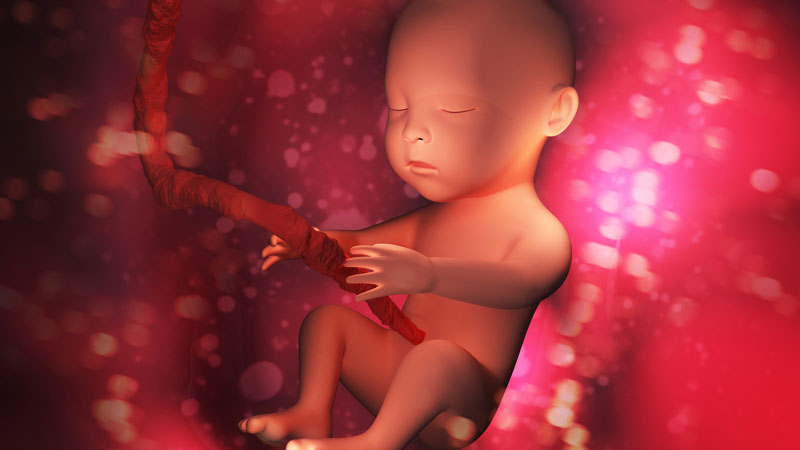Iowa Republican lawmakers made a daring move to defy Roe v. Wade and ban abortion after an unborn baby’s heartbeat can be detected this week.
State Sen. Jason Schultz, R-Schleswig, proposed Senate File 3143 to protect unborn babies from the earliest stages of life in a subcommittee this week, the Des Moines Register reports.
The bill would require abortion practitioners to test for the unborn baby’s heartbeat before performing an abortion. If a heartbeat is detected, the abortion would be prohibited except in the case of a medical emergency. Violators would be charged with a Class D felony, and liable for up to five years in prison. Pro-life lawmakers introduced a similar bill in the House in January.
State Sen. Brad Zaun, R-Urbandale, chairman of the Iowa Senate Judiciary Committee, said he believes there is enough support for the bill to pass both the subcommittee and the Judiciary Committee.
“To me, this is a step forward in banning abortion. I have been very vocal about it,” Zaun said.
Schulz said there is a clear rational behind the bill.
“We understand that when a heartbeat stops, somebody passes away,” he said. “It only makes sense to the broad body of the population in Iowa that when a heartbeat starts, you have a life there, and it should be protected.”
An unborn baby’s heart begins beating as early as five weeks gestation. By 7 ½ weeks, the baby responds to light touch, and one week later, brain waves develop.
However, Erin Davison-Rippey, director of public affairs for Planned Parenthood of the Heartland and Planned Parenthood Voters of Iowa, feared that, given the early time of a baby’s heartbeat, this bill would make abortion almost completely illegal.
Keep up with the latest pro-life news and information on Twitter. Follow @LifeNewsHQ
While the rationale behind this bill is noble, many pro-life leaders recognize that, for the present, such bills may create unintended consequences that could hamper the pro-life cause in light of Roe v. Wade.
Because of the current make-up of the U.S. Supreme Court and lower courts, a bill to end abortions or prohibit them after a detectable heartbeat most likely would not survive a court challenge.
North Dakota and Arkansas passed heartbeat bills several years ago, but federal courts struck down both laws. The Eighth Circuit Court of Appeals said the following about their ruling on the six-week ban: “Because there is no genuine dispute that (North Dakota’s law) generally prohibits abortions before viability — as the Supreme Court has defined that concept — and because we are bound by Supreme Court precedent holding that states may not prohibit pre-viability abortions, we must affirm the district court’s grant of summary judgment to the plaintiffs.”
While a legal challenge to bills such as these theoretically create the possibility of overturning Roe v. Wade, only four of the nine current U.S. Supreme Court justices possibly would uphold a heartbeat law or overturn Roe.
Until the high court has a majority of conservative justices, bills like Iowa’s heartbeat bill could provoke legal challenges and enforce the judicial prohibition against prohibiting abortions before viability.








